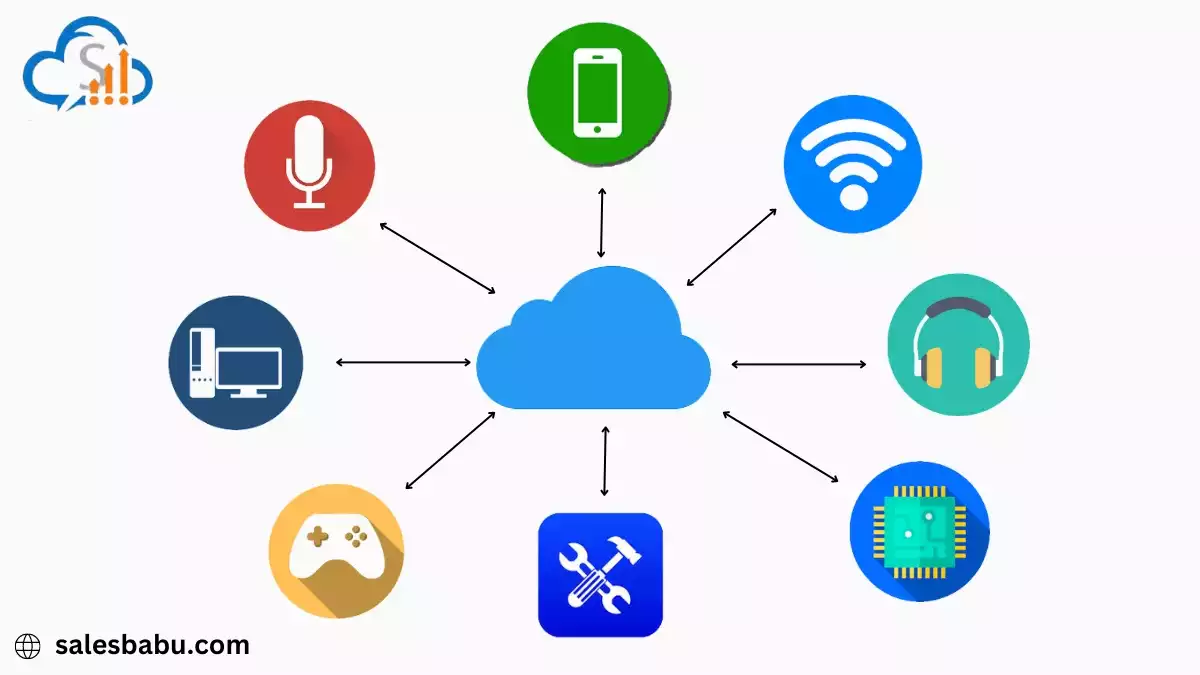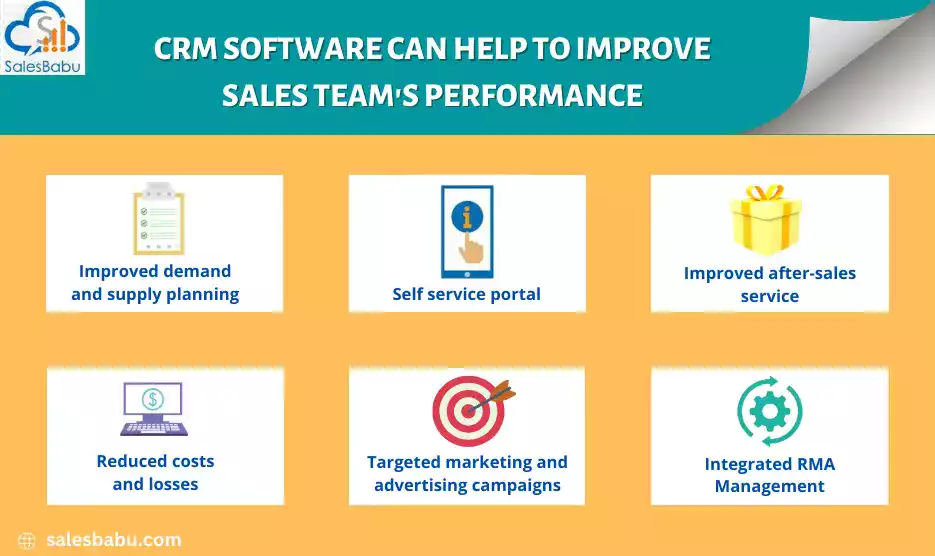If a member of the team takes their eye off the ball you may suffer a temporary setback. But, if the whole team members lose sight of the goal, it’s game over.
You’re the mentor. If you want to win every time, then you need a seat in the stands with a wide view.
Measuring sales performance helps you with the correct information and knowledge to successfully and effectively conduct revenue prediction. It also helps in assessing how well you are implementing the sales strategy and highlights how your sales team operates and workflows are going.
As a CEO or manager or sales leader, you need to be able to realize when you need to move resources or change priorities to avoid absent targets in the sales cycles. You need to be able to be in charge of expectations for your team.
You need to discuss each and every factor that may not be related to individual sales productivity but are related to huge issues, such as the cut-throat landscape or broad economic factors.
This helps to reduce the unavoidable tensions and stresses that are typically felt by the salesman. Collectively recognizing these matters also encourages the team to come up with creative solutions to problems and explore actionable steps to fix them.
Focusing on collective performance not only helps everyone to keep the big picture top of mind, but also encourages a sense of unity, teamwork, and shared goals, which is highly motivating.
The benefits are crystal clear, but you need a simple way to introduce collective sales tracking that does not add up to your already heavy workload. You need tracking software that is simple to introduce and maintain; something that helps you, your company, and your team work smarter, not harder.

What is cloud-based CRM software?
Cloud-based CRM is customer relationship management software. This kind of software is also called software as a service (SaaS). And it’s different from traditional on-premise/installed software, which has higher upfront costs and different personnel requirements.
Cloud CRM has a number of technical and pricing advantages:
So, Customer relationship management (CRM) is a technology for managing all the company’s relationships and interactions with clients and potential customers. The goal is very simple: CRM Improves business relationships.
A CRM system helps companies to stay connected to customers and clients and streamline processes and improve profitability.
When people talk about CRM, they are usually referring to a CRM system or CRM Software, a tool that helps with contact management, sales management, productivity, and more.
A cloud CRM helps the company to focus on the organization’s relationships with individual people — including clients, service users, colleagues, or suppliers — throughout the company lifecycle with them, including finding new customers, winning their business, and providing support and additional services throughout the relationship.

The Best CRM Software of 2022
- Best for the one-stop solution of sales: SalesBabu CRM
- Best for Midsize Businesses: SugarCRM
- Best for Complete Client Life Cycle: Zendesk
- Best for Visual Sales Pipelines: Pipedrive
- Best for Ease of Use: Keep
- Best for Small Businesses: Salesforce
- Best for Communication: Freshsales
- Best for Integrations: HubSpot CRM
- Best for Remote Teams: Zoho CRM
- Best for Cross-Platform Integrations: Quickbase
- Best for Customer Support: Sage CRM
- Best for Customization: Insightly
- Best for Midsize Businesses: SugarCRM
- Best for E-Commerce: Oracle NetSuite CRM
- Best for Project control: mondaySales CRM

6 Ways CRM Software Can Help Improve Your Sales Team’s Performance
1. Streamlining Sales Lead Follow-Up for Effectiveness
ON-time and nurtured follow-up on sales leads is the paramount for successful transformations. A farsighted sales department assures that possible leads are not lost, encouraging the requirements for a cloud CRM system. Such a system enables the team members to record leads and consistently guide each opportunity all through the sales pipeline to its end resultant. With entire visibility granted by the CRM, the company can efficiently track the lead follow-up, acknowledging any abandoned sales leads before they transform into missed opportunities.
2. Enhancing Organizational Understanding
A deep knowledge of each of the customers within the company’s team members is efficient for targeted and efficient sales efforts. Determining deal influencers, decision-makers, and gatekeepers is a paramount. Cloud CRM systems that gather the organizational structure of client companies simplifying such processes, saving time and assuring that deals reach the right individuals.
3. Optimizing Email Strategy for GDPR Compliance
With GDPR in position, how the company reaches out the prospects is more important than ever. Personalized emails have been proven to improve click-through and conversion rates. Provided that email is the preferred way of interaction method for several clients and prospects, it is paramount that the sales staff:
- Implement email communication for appropriate client/prospect interaction.
- File emails against such customers/prospect records for future reference.
- Increase the efficiency and reduce the manual intervention with the utilization of email templates and automation tools.
- Introduce the email into the latest marketing strategies.
Keeping the records of the emails against clients records in an online system assures a complete data-driven audit trail for interaction, granting a better knowledge of each customer.
4. Long-Term Relation Building
Relationships are built on faith, which is why the sales team needs to deliver on promises. If a customer requests a callback, they must receive that call when they ask. Online CRM systems provide the ability to record all call notes and set reminders for follow-up.
5. Not A Single Opportunity Is Overlooked
Well-established client relationships provide opportunities to upsell and cross-sell. There are two key factors to make this happen:
- A solid, trusting relationship between clients and account manager. The personal information required to maintain a relationship with each and every client stakeholder. Data that allows account managers to match products to client preferences for upsell opportunities.
- A good understanding of the customer’s needs, preferences, and company culture.
6. Attract New Customers With Customization
How does the company reach out to new customers? Get to know their daily habits. Their actual preferences?
CRMs can track and save the preferences of cold leads and turn them into warm ones. It can make each new customer’s experience with the company’s brand a personal one.
Conclusion
A Cloud CRM system offers many ways for sales team members to improve performance. An online CRM system enables the company to provide a higher level of customer service and achieve a greater Return on investment.













